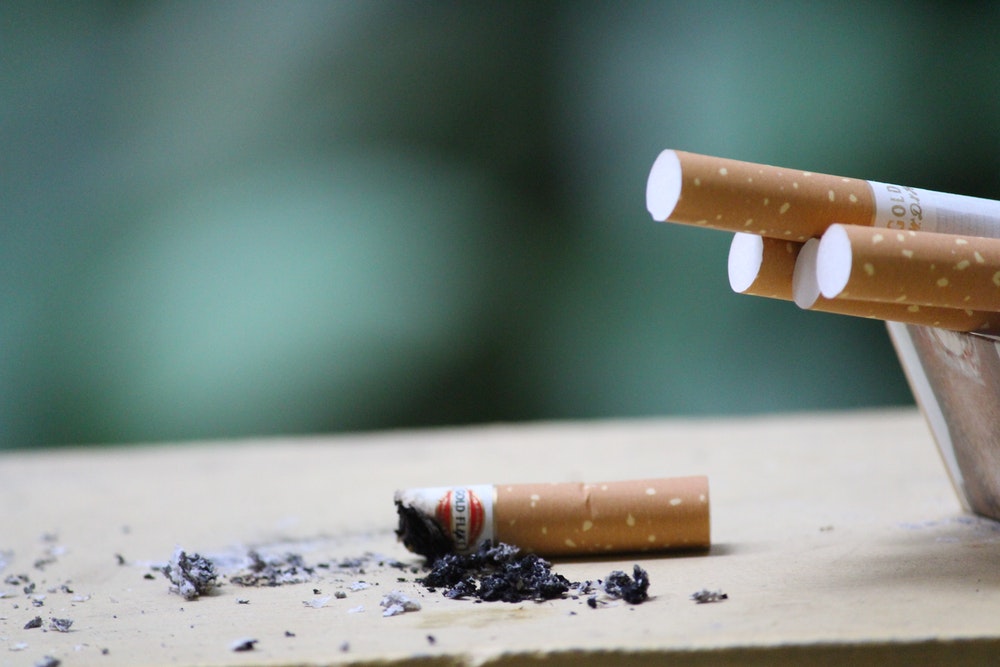A French study found that only 4.4% of 350 coronavirus patients hospitalized were regular smokers while 5.3% of 130 released home smoked.
Researchers in France are planning to test nicotine patches in coronavirus patients and healthcare workers to determine whether nicotine helps to prevent or lessen the effects of coronavirus.
A study done at Paris’s Pitie-Salpetriere hospital suggests a substance found in tobacco, possibly nicotine, was preventing people who smoke from contracting the deadly coronavirus disease. The study performed questioned 480 patients tested positive for the virus; out of which 350 were hospitalised while the remainder with less serious symptoms were allowed to go home.
Results revealed that of those admitted to hospital, with a median age of 65, only 4.4% were regular smokers and among those homebound, with a median age of 44, 5.3% smoked.
The report discovered about 40% of the general population, between ages 44 and 53 smoke, and around 11% of those aged 65 to 75 smoke. This reveals that far fewer smokers appear to have contracted the virus or, if they have, their symptoms are less serious.
The study report read, “Our cross-sectional study strongly suggests that daily smokers have a much lower probability of developing symptomatic or severe SARS-CoV-2 infection compared to the general population. It divides the risk by five for ambulatory patients and by four for those admitted to hospital. We rarely see this in medicine.”
French neurobiologist Jean-Pierre Changeux, who reviewed the study, speculated that nicotine may prevent the virus from reaching the body’s cells, thus preventing its spread. Nicotine may likewise lessen the immune system’s overreaction that has been found in the more severe cases.
However, the theory does not support people to start smoking since it carries other potentially fatal health risks and toxic effects on the lungs. The findings are yet to be verified and approved by France’s ministry of health.

